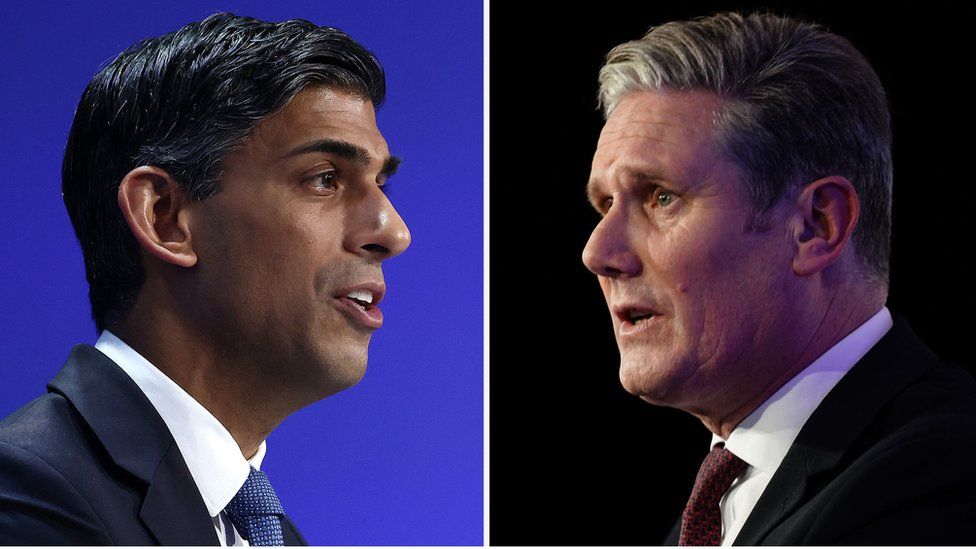ARTICLE AD BOX
 Image source, PA Media
Image source, PA Media
The Labour Party significantly outspent the Conservatives last year, financial accounts released by the Electoral Commission show.
Labour's spending totalled £44.45m, with the party's income up 3.5% on 2021, despite lower membership numbers.
Meanwhile, the Conservatives' spending was £33.06m, with income down 3.3%, and money from donors to the party falling by £2.4m.
The Liberal Democrats spent £6.7m, while SNP expenditure totalled £5.05m.
The Commission is an independent body which oversees elections and regulates political finance across the UK. It has published the accounts of parties with income or spending above £250,000, which numbered 18 in 2022.
Labour recorded a £2.7m surplus, raising £47.2m, even as it lost nearly 25,000 more members, the Commission's figures show. In 2021, Sir Keir Starmer's party recorded a £5.2m deficit.
By the end of 2022, Labour had 407,445 members, down from 432,213 in 2021, and nearly 125,000 down on its recent peak in 2019 when it was led by Jeremy Corbyn.
The Conservatives lost £2.3m in 2022 during what the party's annual accounts described as a "turbulent year". Boris Johnson resigned as prime minister in July, to be succeeded by Liz Truss, who herself stepped down in October.
The party raised £30.7m in income, but saw money from donors falling compared with 2021. A report from the party treasurer blamed this partly on "donor pledges moving into 2023".
Northern Ireland spending
The Tories do not publish membership figures, but their income from membership fees fell slightly from £1.99m to £1.97m.
The Green Party of England and Wales raised £3.15m and spent £3.23m.
Plaid Cymru had income of £970,000 and expenditure of £942,000.
In Northern Ireland, Sinn Fein outspent the Democratic Unionists with expenditure of £1.19m and income of £1.53m. The DUP spent £488,000 and raised £426,000, less than the Alliance Party of Northern Ireland's £522,000.
Reform UK, led by Richard Tice and formerly the Brexit Party, spent £949,000, 37% more than the £692,000 it brought in.
Louise Edwards, director of regulation and digital transformation at the Commission, said: "We are committed to making sure political funding is transparent.
"Larger parties spend and receive considerable sums of money so it's important that information on their finances is accessible to the public. Publishing their accounts allows voters to see how parties are funded and choose to spend their money."

 1 year ago
33
1 year ago
33








 English (US)
English (US)